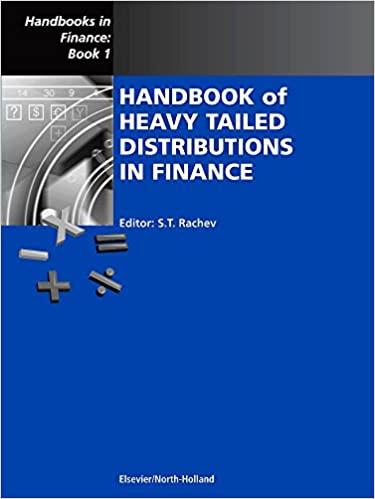
Suppose you are the risk manager for a company considering a $7, 500,000 investment in a new 9-year project. The $7.5 million cost of the project will be depreciated on a straight-line basis over 5 years. The project is expected to generate positive operating cash flows equal to $1, 850,000 per year (not including the effect of depreciation or taxes). The company's tax rate is 30%. Ignoring any risk management considerations, evaluate the project by calculating its net present value and internal rate of return. Assume the company has a required return of 12%. As risk manager, you are concerned about the additional liability exposure the firm will face if it accepts the project. You obtain an estimate of the annual total loss distribution from an insurance company that has many years of experience dealing with these types of exposures. The annual total loss distribution has a mean of $210,000, a standard deviation of $75,000, and a skewness coefficient of 2. The management team is worried about how the potential liability losses will be financed. The company decides to establish a loss reserve such that it can be 90% confident that its actual losses can be met by the fund. Determine the size of the required loss reserve. Recalculate the net present value and internal rate of return for the project taking into consideration the potential liability exposure and assuming a loss reserve is set up to handle the losses. Any funds set aside in the reserve will earn interest at 2% per year. Recalculate the net present value and internal rate of return for the project using the assumptions in part (c) and in addition, assuming the corporate risk manager estimates a "cost of worry" of $20,000. Suppose you are the risk manager for a company considering a $7, 500,000 investment in a new 9-year project. The $7.5 million cost of the project will be depreciated on a straight-line basis over 5 years. The project is expected to generate positive operating cash flows equal to $1, 850,000 per year (not including the effect of depreciation or taxes). The company's tax rate is 30%. Ignoring any risk management considerations, evaluate the project by calculating its net present value and internal rate of return. Assume the company has a required return of 12%. As risk manager, you are concerned about the additional liability exposure the firm will face if it accepts the project. You obtain an estimate of the annual total loss distribution from an insurance company that has many years of experience dealing with these types of exposures. The annual total loss distribution has a mean of $210,000, a standard deviation of $75,000, and a skewness coefficient of 2. The management team is worried about how the potential liability losses will be financed. The company decides to establish a loss reserve such that it can be 90% confident that its actual losses can be met by the fund. Determine the size of the required loss reserve. Recalculate the net present value and internal rate of return for the project taking into consideration the potential liability exposure and assuming a loss reserve is set up to handle the losses. Any funds set aside in the reserve will earn interest at 2% per year. Recalculate the net present value and internal rate of return for the project using the assumptions in part (c) and in addition, assuming the corporate risk manager estimates a "cost of worry" of $20,000







